The unprecedented failure revealed one thing, among many: The US has not been so isolated in history.
The UN Security Council overwhelmingly rejected a US bid to extend an arms embargo on Iran on Friday, which is due to expire in October.
Besides the United States, only the Dominican Republic voted in favor of the draft. China and Russia voted against the text, and the remaining 11 Security Council members, including the European allies of the United States, abstained.
The United States, which unilaterally announced its withdrawal from the Iran nuclear deal in May 2018, has repeatedly claimed it will invoke the "snapback" mechanism within the Security Council should its draft resolution fail to pass.
However, the lack of support, even by its western allies, shows the US has put itself into isolation through its unilateral approaches in the past two years.
Iran had said that the US resolution would fail to gain the required support at the Security Council, pointing out that Washington has no legal right to invoke a snapback mechanism to reinstate sanctions against Tehran under the 2015 nuclear deal that the US unilaterally left in May 2018.
Diplomats on Friday feared that the resolution would threaten the Iran nuclear agreement.
The development has sparked similar reactions.
Iran
Tehran mocked the Trump administration for its failure to win more than just a single vote of support, from the Dominican Republic.
“In the 75 years of United Nations history, America has never been so isolated,” Foreign Ministry Spokesman Abbas Mousavi tweeted.
“Despite all the trips, pressure and hawking, the United States could only mobilize a small country (to vote) with them.”
In another tweet, Mousavi urged the US to stop shaming itself at the UN.
“The international community, once again and with a clear voice rejected the US reckless and futile attempt to undermine the UNSC credibility. The American –Regime should take a lesson from its total failures and stop shaming itself at UN, otherwise, it will get isolated, even more than now", Mousavi said.
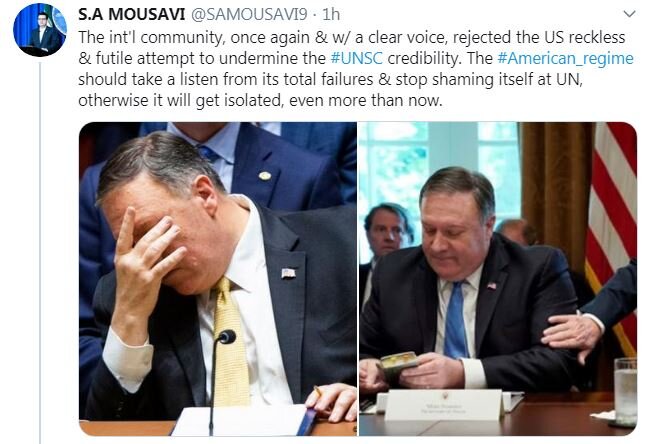
Ambassador and Permanent Representative of Iran to the United Nations says the Security Council’s vote against a US bid to extend Iran’s arms embargo had a clear message: No to unilateralism.
“The result of the vote in #UNSC on arms embargo against Iran shows – once more – the US' isolation,” Majid Takht-Ravanchi tweeted late on Friday.
“Council's message: NO to UNILATERALISM. US must learn from this debacle. Its attempt to “snapback" sanctions is illegal, and was rejected by int'l community, as was evident today.”
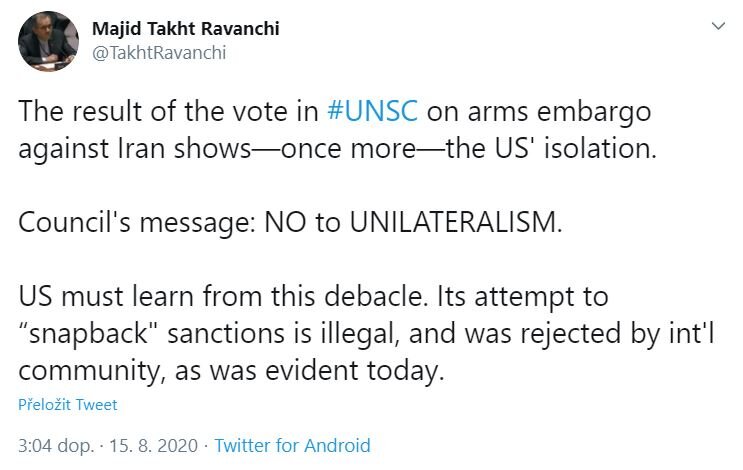
Russia
Earlier on Friday, Russian President Vladimir Putin proposed a summit of world leaders to avoid "confrontation" over an American threat to trigger a return of all UN sanctions on the Islamic Republic.
Following the vote, Russia’s Permanent Mission to the United Nations said in a statement that the US proposal to extend arms embargo was a clear violation of the UN Security Council Resolution 2231.
“We consistently oppose attempts to impose through the UN Security Council “arms embargo” on Iran. A case by case approval procedure for arms transfers to and from Iran in the UNSC resolution 2231 (2015) has neither been linked to Iran’s right to develop its peaceful nuclear program, nor it has been a subject to any other conditions. From the very start it has been temporary, introduced exactly for a five-year term and has never been meant to be extended,” the statement reads.
“We continue to proceed from the assumption that there are neither legal nor any other reasons to review such approach,” it adds.
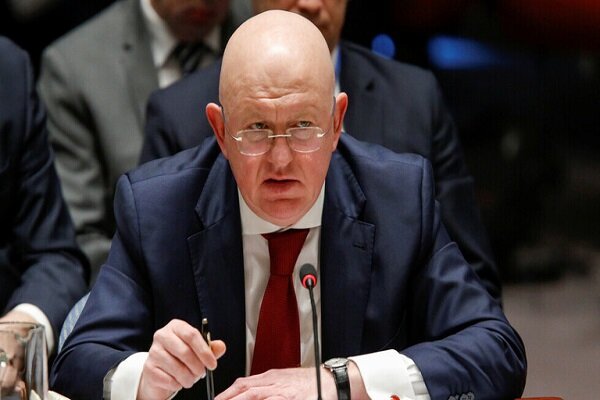
“Moreover, the US proposal is a clear violation of Annex B of UN Security Council resolution 2231, which clearly stipulates that the only legitimate way to revise the timeline for the above-mentioned regime of arms transfer is the consensus decision of the JCPOA Joint Commission. However, the US forfeited the right to make use of this instrument since it deliberately withdrew from the Plan in 2018 and never made secret out of it.”
Russia once again reiterated its total commitment to the JCPOA, saying that its adoption helped avert the threat of armed conflict and reinforced nuclear non-proliferation.
China
Permanent Mission of the People’s Republic of China to the UN also called the rejection of anti-Iran resolution as a major setback for the United States and its unilateralism.
“Opposition to the extension of Iran’s arms embargo in the UN Security Council shows that there is no support for bullying, extortion and unilateralism,” Chinese mission to the UN wrote in a Twitter message on Saturday.
In this tweet, it is emphasized that anyone who makes any effort to put its own interests before the interests of other members of the international community will face a dead end, and this path will not end.
The Chinese and East Asian media outlets have also published reports criticizing the US unilateral sanctions and maximum pressure on Iran, saying that these US actions are a war against Iranian people and that the sanctions will never have the desired result for Washington.
France
In a statement on Friday, France reaffirmed its commitment to the preservation of the JCPOA and to Council resolution 2231, which endorsed it.
“France abstained on the proposed draft resolution because it does not constitute an appropriate response to the challenges posed by the expiry of the embargo, as it cannot gather the support of the Council, nor is it a sufficient basis for working towards a consensus.,” the French foreign ministry said.
“We remain guided by the objective of respecting the authority and integrity of the Security Council and preserving regional stability and security and the nuclear non-proliferation regime. The period before the expiry of restrictions should be used to consider, in good faith, all diplomatic options.”
The UK
The UK also expressed its position against the US-proposed snapback.
The UK’s mission at the UN said in a statement that London abstained on this resolution because would not contribute to improving security and stability in the region.
“Nevertheless, we stand ready to work with Council Members and JCPPA participants to seek a path forward that could secure the support of the Council.”
“The United Kingdom remains resolutely committed to the JCPOA,” the statement said.
"We do not support a move to snapback at this time, which would be incompatible with our current efforts to preserve the JCPOA.”
Germany
Germany said in a statement, “Germany abstained on this resolution because it does not enable us to effectively address the risks identified above and to improve security and stability in the region.”
“It was clear that the draft would fall short of attracting the support of the Security Council. We rather believe that more time and more consultations are needed to seek a path forward that could provide adequate answers to the challenges arising from the arms embargo expiry and that would be acceptable to all UNSC member states.”
Berlin also expressed its commitment to fully implementing Security Council resolution 2231, which endorses the JCPOA, despite the “challenges caused by the US”
“Together with France and the United Kingdom, we have been working hard to preserve the JCPOA despite the challenges caused by the US withdrawal from the JCPOA in May 2018.”
Now that the United States’ attempt to indefinitely extend the arms embargo has suffered a resounding defeat, Washington says it’s now seeking to trigger UN sanctions on Iran. US Secretary of State Mike Pompeo said on Saturday that the administration is going to do everything it can within its diplomatic tool-set to ensure the UN arms embargo against Iran does not expire.
Reported by Morteza Rahmani




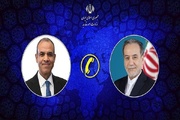
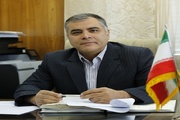
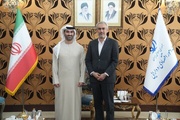
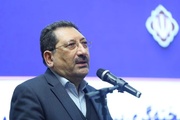
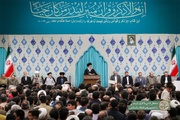
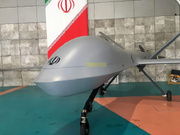
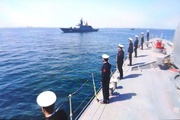
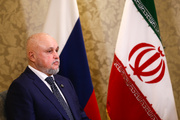












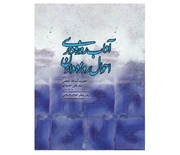

Your Comment